
As global awareness of environmental issues grows, many governments are prioritizing measures to reduce vehicle emissions. This shift has led to certain cars being banned for their environmental impact. From diesel models to some hybrids, the following vehicles have faced restrictions due to their environmental footprint.
Volkswagen Diesel Models

Volkswagen’s diesel models, particularly those involved in the infamous “Dieselgate” scandal, have faced bans in several regions. In 2015, it was revealed that Volkswagen had installed software to cheat emissions tests, resulting in cars that emitted pollutants far beyond legal limits. This led to wide-ranging legal and environmental repercussions. For a detailed examination of diesel emissions, check out this RAC article.
The scandal primarily impacted models like the Volkswagen Jetta and Passat from 2009 to 2015, causing Germany and other countries to implement driving bans in certain urban areas. These bans aimed to curb nitrogen oxide emissions, which contribute significantly to air pollution and health problems.
Fiat 500 TwinAir
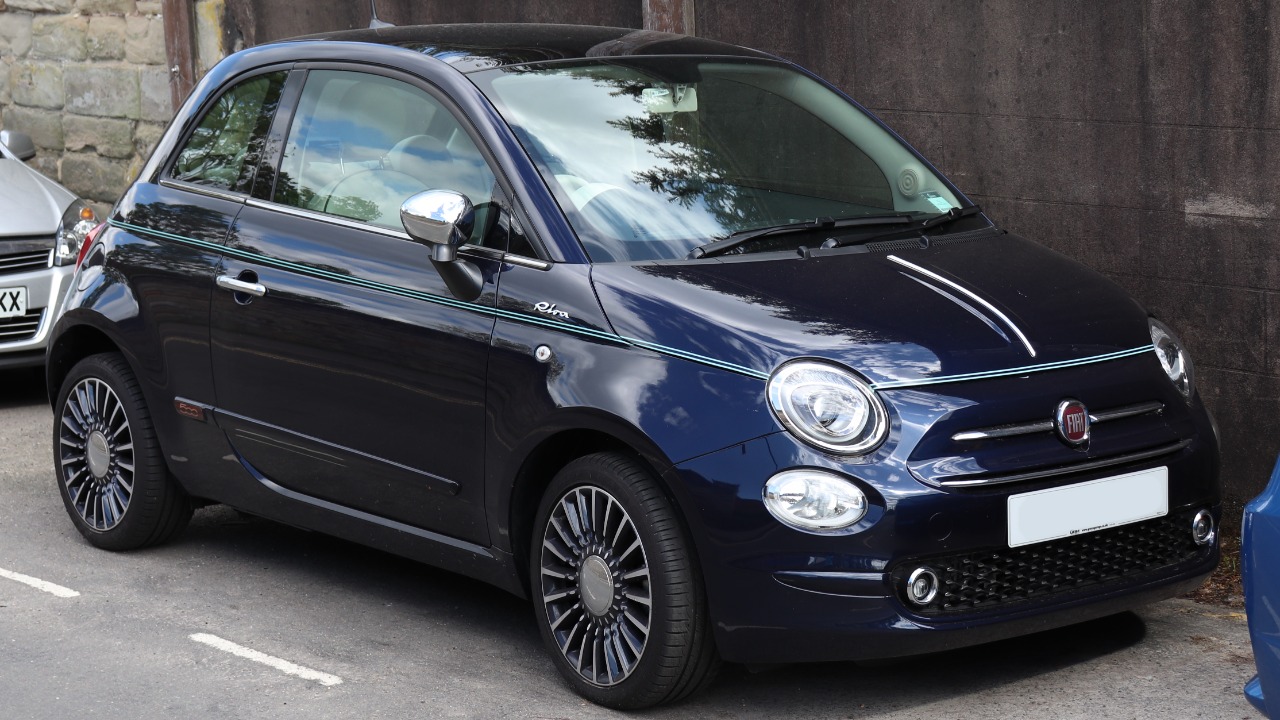
The Fiat 500 TwinAir, known for its compact size and retro styling, faced scrutiny due to its emissions levels. Despite its efficient twin-cylinder engine, some tests showed it produced higher-than-expected levels of CO2 and other harmful emissions. This led to restrictions in cities with stringent emissions standards.
While the TwinAir engine was initially celebrated for its innovation, the car’s real-world performance did not always align with its eco-friendly branding. This discrepancy has led to tighter emissions regulations and a push for manufacturers to prioritize accurate testing results.
Ford F-150 Raptor
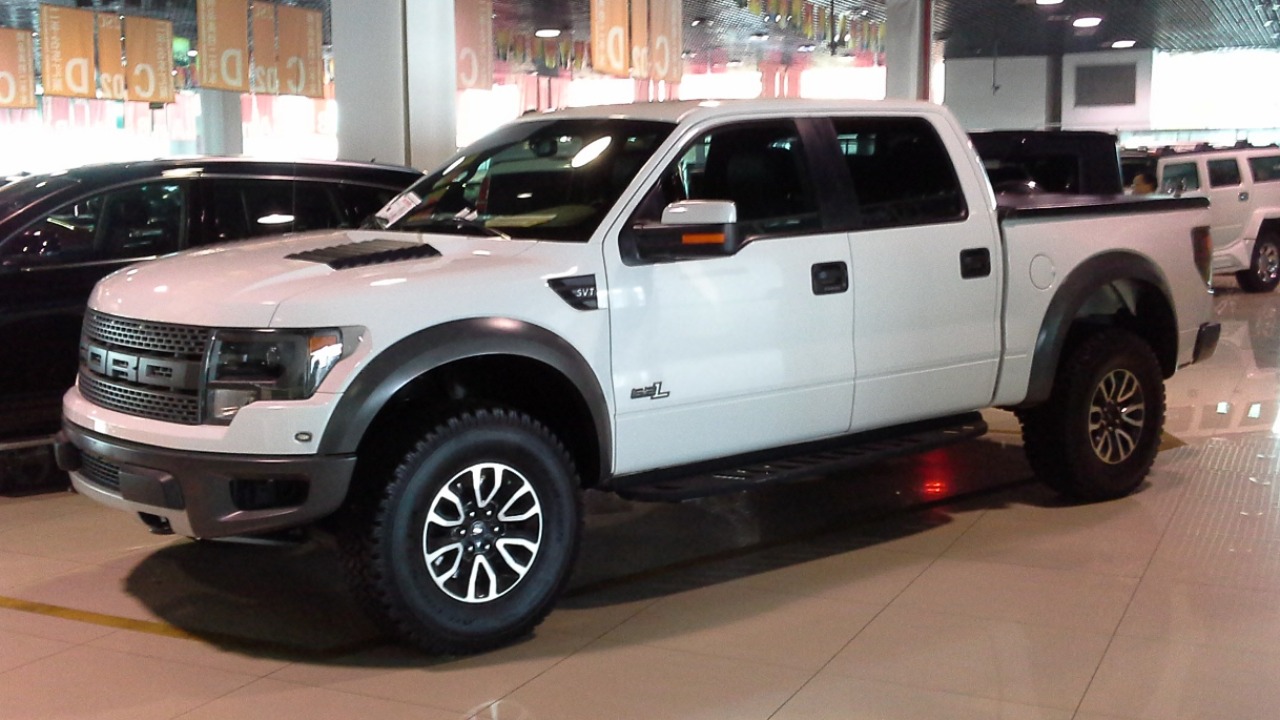
The Ford F-150 Raptor, a favorite among off-road enthusiasts, has been criticized for its fuel consumption and emissions. As a high-performance truck with a powerful engine, it doesn’t align well with the growing demand for environmentally friendly vehicles. This has led to restrictions in areas focused on reducing carbon footprints.
In regions pushing for stricter emission standards, such as California, the emphasis is on transitioning to zero-emission vehicles. The F-150 Raptor’s environmental impact makes it a target for such initiatives, despite its popularity and performance capabilities.
Mercedes-Benz S-Class Diesel
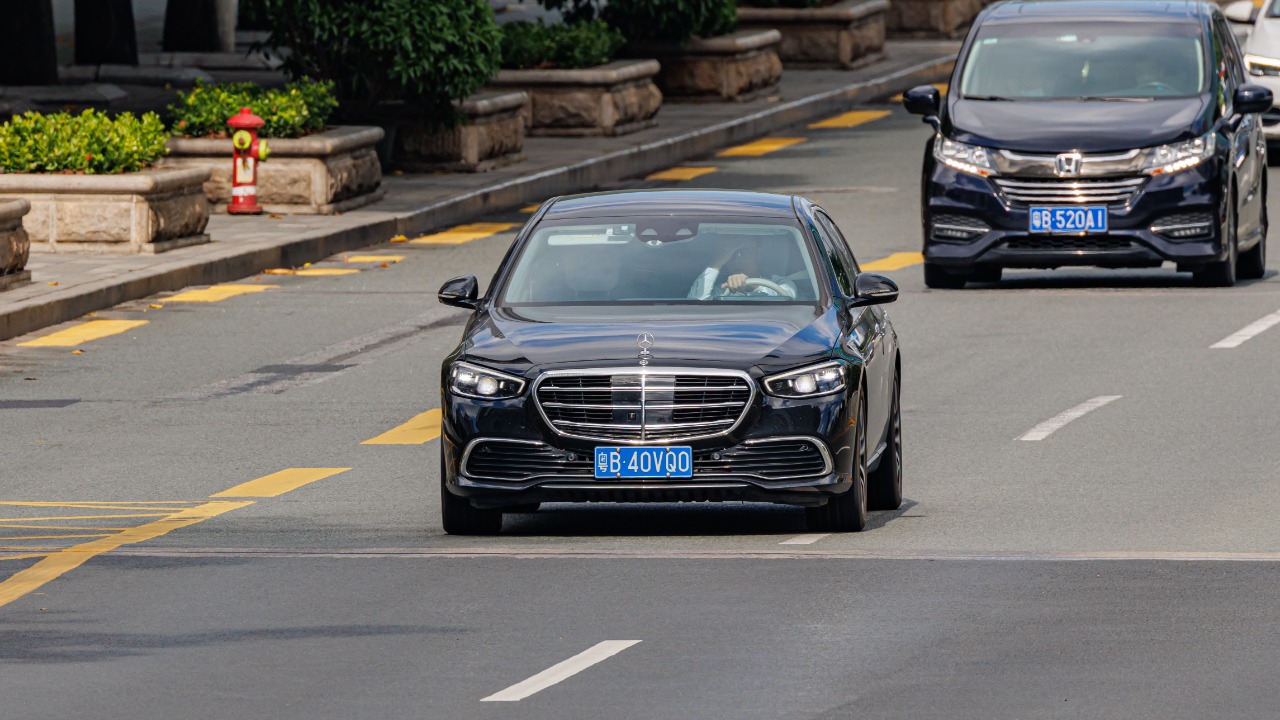
The Mercedes-Benz S-Class Diesel models have faced bans in certain European cities aiming to decrease urban air pollution. These luxury cars, while offering exceptional comfort and performance, have struggled to meet increasingly stringent emissions standards. This has made them less desirable in areas with heavy anti-diesel sentiment.
Many European cities have adopted low-emission zones, which restrict access to vehicles that do not meet specific emissions criteria. As a result, diesel variants of the S-Class have been phased out in some markets, pushing Mercedes-Benz to focus on electric and hybrid alternatives.
Nissan Leaf (First Generation)
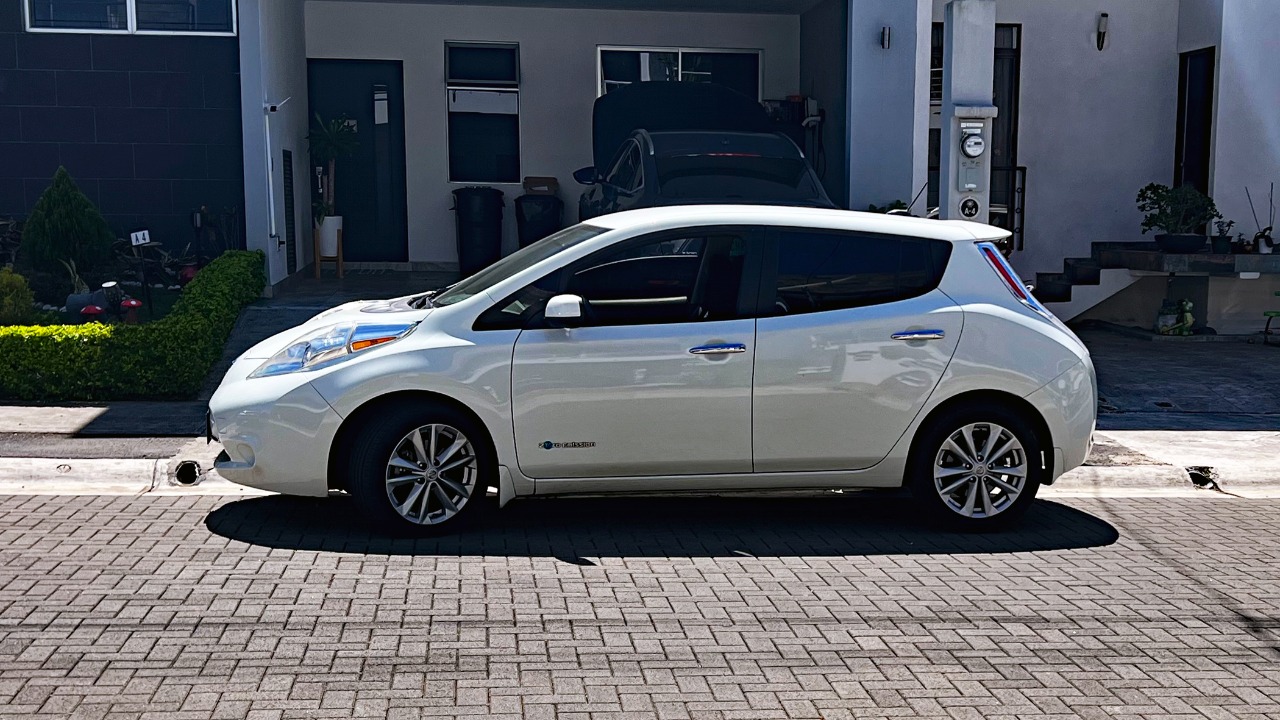
The first-generation Nissan Leaf was a pioneer in the electric vehicle market but has been criticized for its limited range and battery issues. While not banned outright, its environmental impact comes from the production and disposal of its battery, which has raised concerns about sustainable manufacturing practices.
Despite these challenges, the Leaf played a crucial role in promoting electric vehicles. For a historical perspective on its impact, you can watch this YouTube video. As technology advances, newer models have addressed these concerns, leading to more efficient and environmentally friendly options.
Toyota Prius Plug-in Hybrid
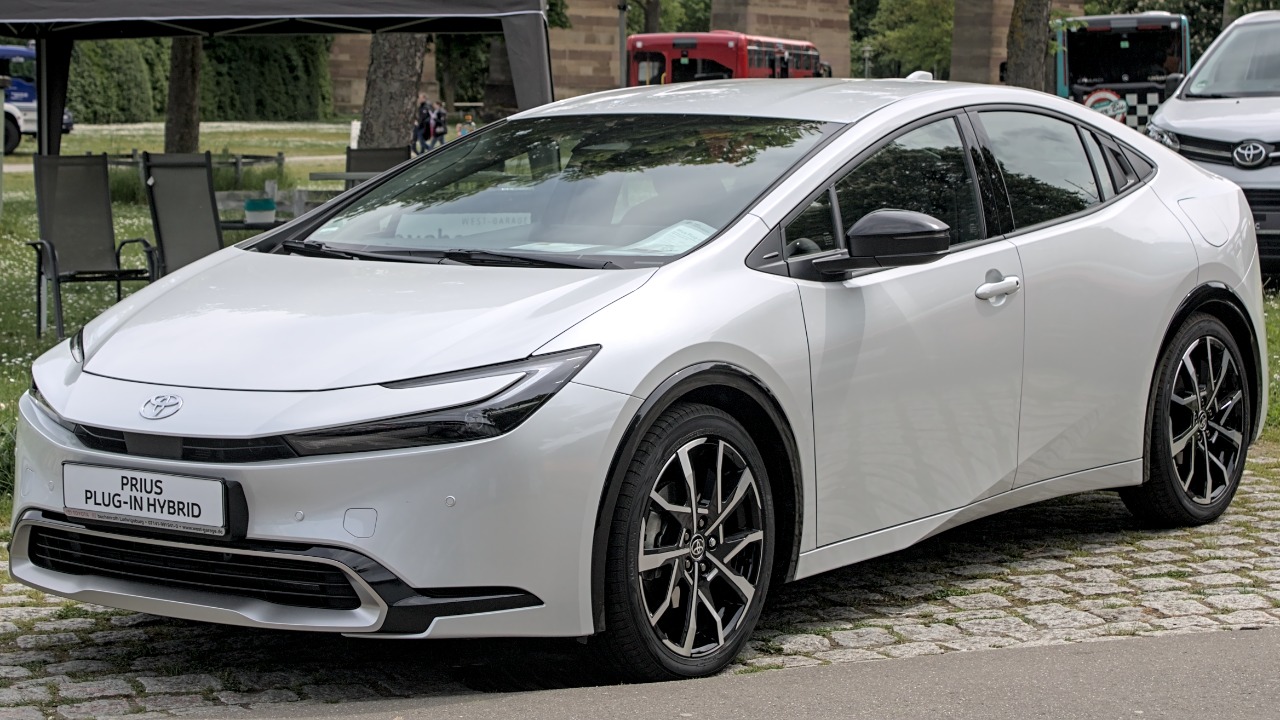
The Toyota Prius Plug-in Hybrid has been criticized for its real-world emissions, which in some cases exceed those of traditional hybrids. This has led to restrictions in areas with strict emissions targets, as the plug-in variant did not deliver the expected environmental benefits in practice.
While the Prius was once the poster child for eco-friendly vehicles, evolving standards have highlighted the need for continuous improvement in hybrid technology. As cities and countries push for cleaner air, models like the Prius Plug-in must adapt to meet the new environmental expectations. For more insights into the future of vehicle bans, refer to this Guardian article.